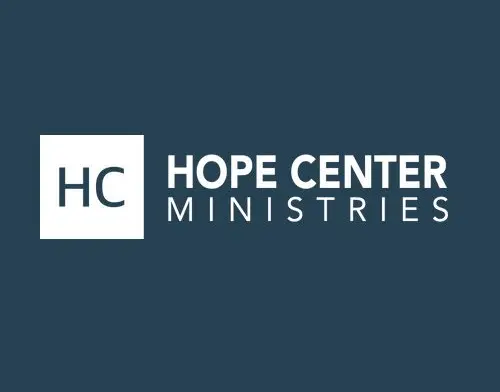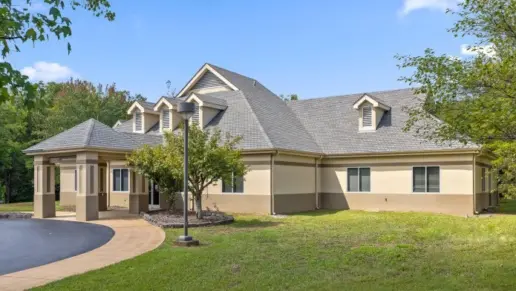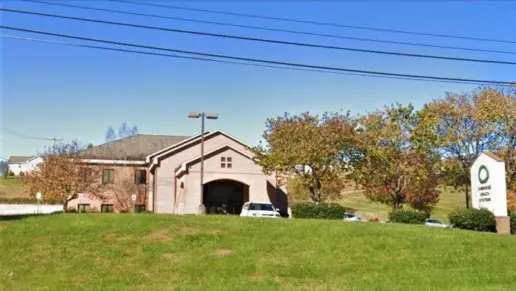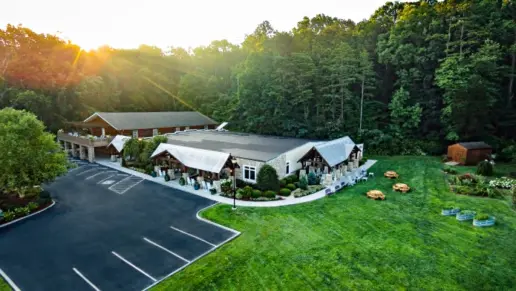About Hope Center Ministries – Memphis Men’s Center
Hope Center Ministries–Memphis Men’s Center is a faith-based, 12 step focused drug and alcohol rehab for adult men in Memphis, Tennessee. They offer long term residential care in a private, wilderness setting. Specialized programs for young adults and justice involved persons are available. Primary treatment modalities combine individual, group, and family counseling with spiritual development and recovery focused life skills training.
Hope Center Ministries–Memphis Men’s Center is a faith based addiction recovery program for adult males in Memphis, Tennessee specializing in long term, 12 step focused residential care. In addition to individual, group, and family counseling, they prioritize spiritual development and the cultivation of recovery focused life skills. Young adult programs and services for justice involved persons are available.
Men in Hope Center Ministries’ residential program receive intensive, step down care across a minimum of eight months. Their treatment facility is located in a private, wilderness setting with premium amenities. The faith based, 12 step program is rooted in the Celebrate Recovery! Model and combines individual, group, and family therapy with Bible study, spiritual development, and recovery focused life skills training. Clients received academic and vocational training, career counseling, and courses in coping, self care, wellness, trauma resolution, and relapse prevention. Complementary treatments include recreational, exercise, and adventure therapy.
Hope Center Ministries promotes long term sobriety through a robust continuum of care. Their aftercare services are designed to ensure sustained support through peer coaching, recreational and social gatherings for alumni and families, community based 12 step program induction, and other services as needed.
Hope Center Ministries accepts self pay. Need based financial assistance may be provided dependent upon funding availability.
Facility Overview
Rehab Score
Gallery
Location
Other Forms of Payment
Self-pay involves paying for treatment out of your own pocket. You can use savings or credit, get a personal loan, or receive help from family and friends to fund your treatment. If you don't have insurance or your insurance plan doesn't cover a specific program, self-pay can help ensure you still get the care you need.
Addiction Treatments
Levels of Care
Treatments
The goal of treatment for alcoholism is abstinence. Those with poor social support, poor motivation, or psychiatric disorders tend to relapse within a few years of treatment. For these people, success is measured by longer periods of abstinence, reduced use of alcohol, better health, and improved social functioning. Recovery and Maintenance are usually based on 12 step programs and AA meetings.
When your day-to-day life is taken over by drug use, this is known as substance use disorder. If you abruptly stop using your drug of choice, you experience withdrawal symptoms. To overcome this cycle, professional drug rehab in Tennessee is usually needed.
Opioid rehabs specialize in supporting those recovering from opioid addiction. They treat those suffering from addiction to illegal opioids like heroin, as well as prescription drugs like oxycodone. These centers typically combine both physical as well as mental and emotional support to help stop addiction. Physical support often includes medical detox and subsequent medical support (including medication), and mental support includes in-depth therapy to address the underlying causes of addiction.
Substance rehabs focus on helping individuals recover from substance abuse, including alcohol and drug addiction (both illegal and prescription drugs). They often include the opportunity to engage in both individual as well as group therapy.
Programs


Clinical Services
Research clearly demonstrates that recovery is far more successful and sustainable when loved ones like family members participate in rehab and substance abuse treatment. Genetic factors may be at play when it comes to drug and alcohol addiction, as well as mental health issues. Family dynamics often play a critical role in addiction triggers, and if properly educated, family members can be a strong source of support when it comes to rehabilitation.
Group therapy is any therapeutic work that happens in a group (not one-on-one). There are a number of different group therapy modalities, including support groups, experiential therapy, psycho-education, and more. Group therapy involves treatment as well as processing interaction between group members.
In individual therapy, a patient meets one-on-one with a trained psychologist or counselor. Therapy is a pivotal part of effective substance abuse treatment, as it often covers root causes of addiction, including challenges faced by the patient in their social, family, and work/school life.
Life skills trainings involve all the skills a person must have in order to function successfully in the world. These include time management, career guidance, money management, and effective communication. Truly successful addiction recovery is based on the ability to not only live substance-free, but to thrive. Life skills teaches the practical necessities of functioning in society, which sets clients up for success in life, and therefore sobriety.
Recreational therapy (aka therapeutic recreation) uses creative and fun activities to help with addiction recovery. Recreational therapists lead patients in entertaining and engaging activities like sports or games; art (drawing, painting, sculpture); drama, music, and dance; and/or community outings (field trips) to improve patients' physical, social, and emotional well-being.
Amenities
-
Private Setting
Staff

Founder
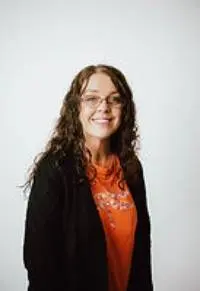
Admission of Tennessee
Contact Information
600 Keough Drive
Piperton, TN 38017
